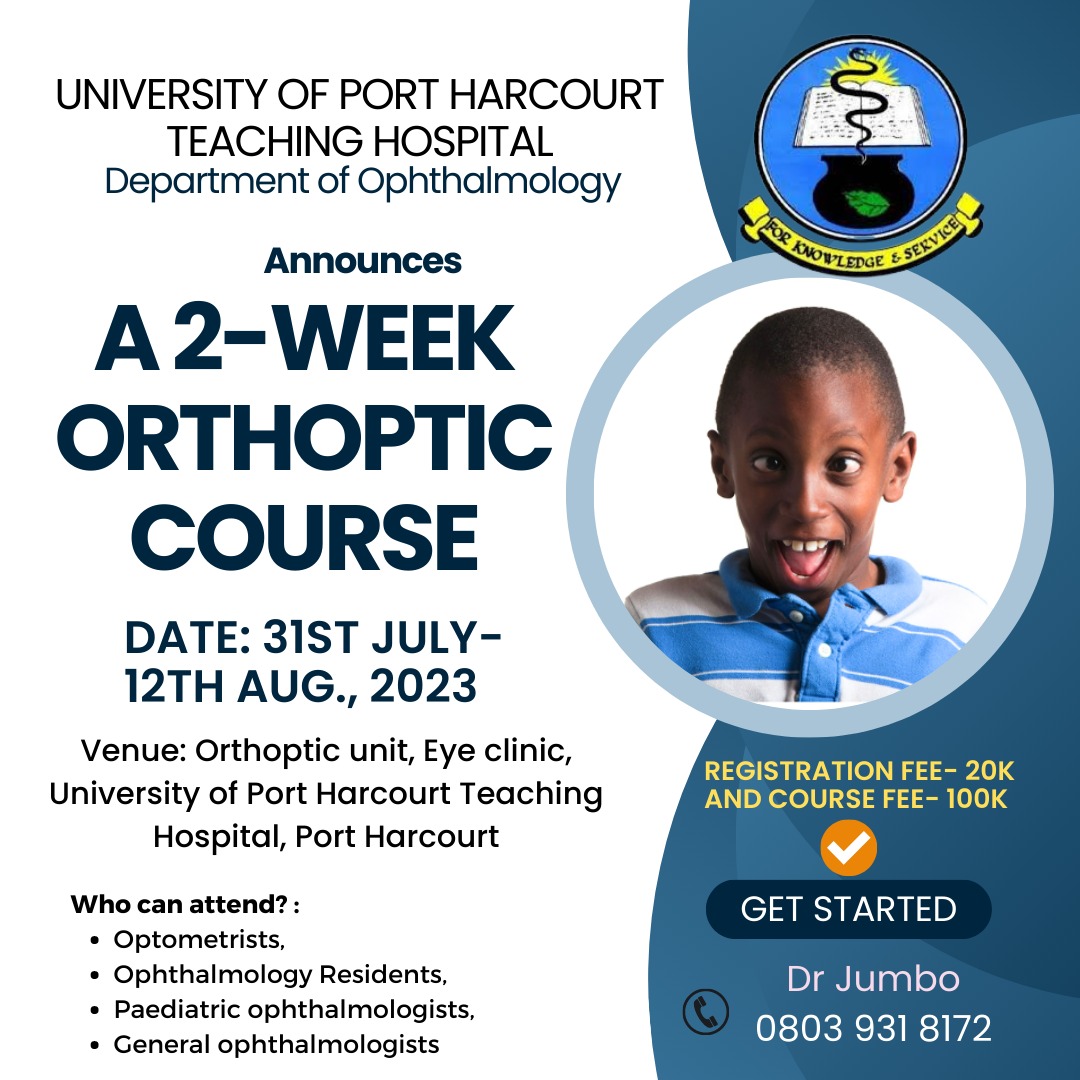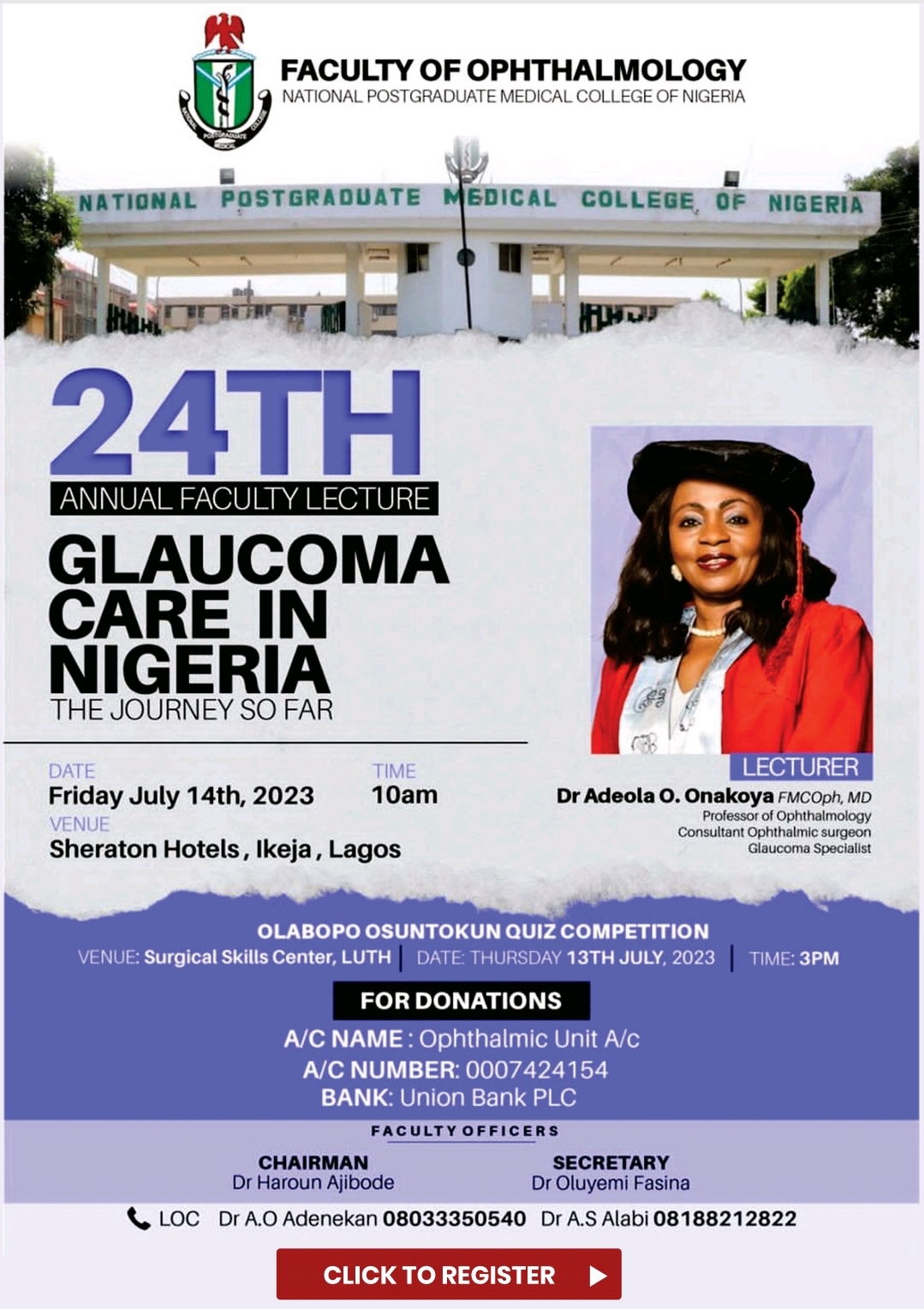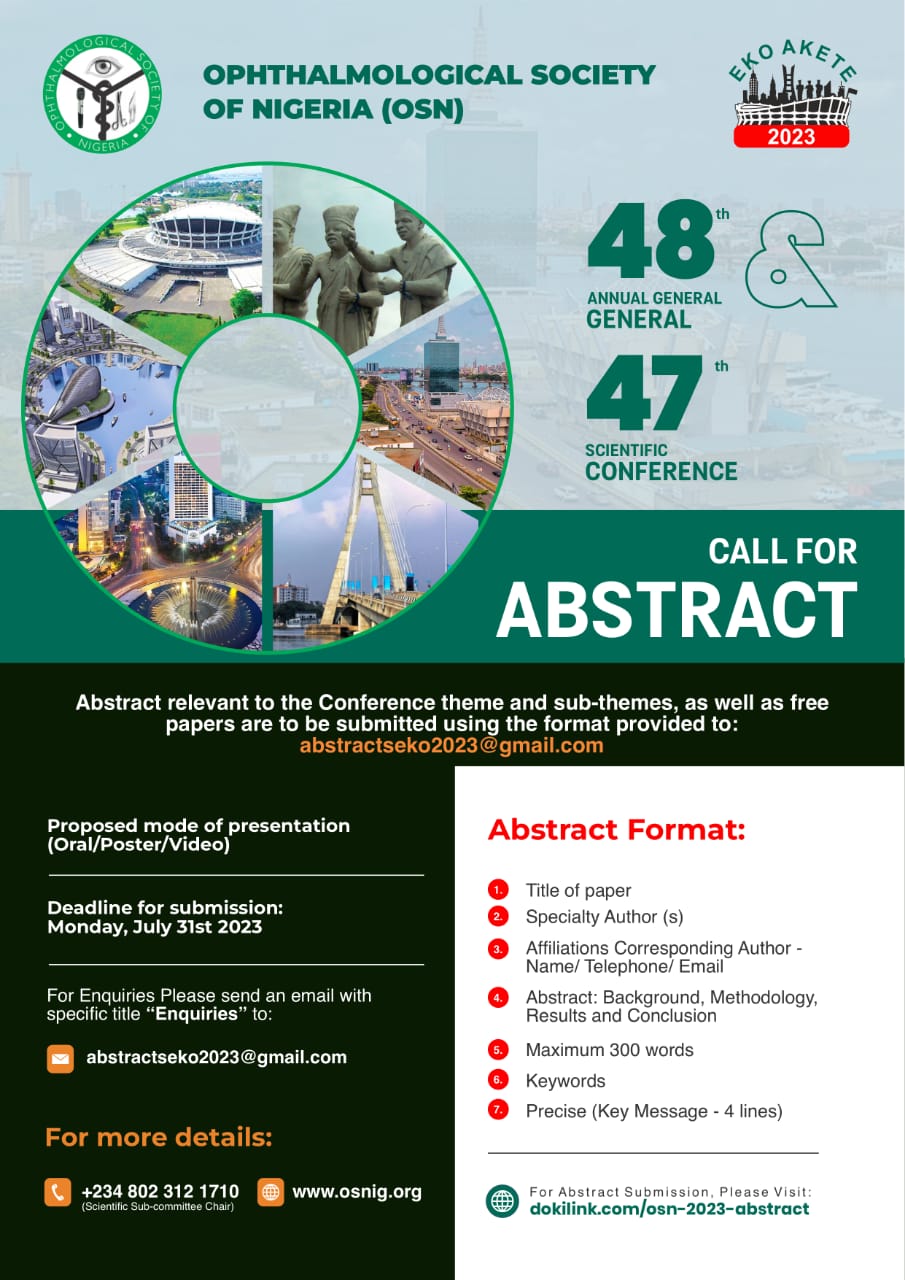What is Age Related Macular Degeneration (ARMD)?
Aging is an inevitable process which, according to Betty Friedman, "is not lost youth, but a new stage of opportunity and strength." Graceful aging can be effectively achieved by consciously making healthy life choices and being proactive about one's health. The eye is not left out in the aging process. Age Related Macular Degeneration, ARMD, is a disease that affects the part of the back of the eye (retina) called the macula. It causes loss of central vision for both near and distant tasks but spares the peripheral or side vision. It is one of the commonest causes of blindness and low vision in developed countries. However, with improving health care and longevity, it is becoming an important cause of blindness among Africans and in developing countries.
What are the types of ARMD?
There are two main types of Age-related macular degeneration - the dry and the wet types. In Dry ARMD, the central part of the back of the eye for vision, the macula, thins out and is covered by protein particles called drusens. It is commoner and less severe than the wet type.
In Wet ARMD, abnormal blood vessels grow beneath the back of the eye (retina) involving the centre (macular) and can leak fluid or bleed easily. Scarring can then occur. It is more likely to cause blindness than the dry type.
Who is at risk of developing ARMD?
- Older people 50 years and above
- Smokers
- Overweight people
- People with a positive family history of ARMD
- Hypertensive people
What are the symptoms of ARMD?
- blurry vision
- distortion of images
- black patch in the central field of view, leading to difficulty with near tasks (e.g. reading, using mobile phones, sewing) and distant tasks (e.g. recognizing people in the distance)
What does a person with ARMD see?

How to treat ARMD
There is not yet a definitive treatment for Dry ARMD. However, nutritional supplements called eye antioxidants may be helpful in delaying progression of the disease.
Wet ARMD on the other hand, can be treated using eye injections called anti-VEGF drugs, which help to prevent formation of abnormal new vessels and reduce leakage from already formed ones.
Early detection and prompt management are key in preventing blindness from age related macular degeneration. That is why the need for regular, dilated examination by an eye doctor can never be overemphasized.
Learn more about how to monitor your vision daily if you have ARMD using the Amsler grid.
“For the unlearned, old age is winter; for the learned, it is the season of the harvest.” ~Hasidic saying




